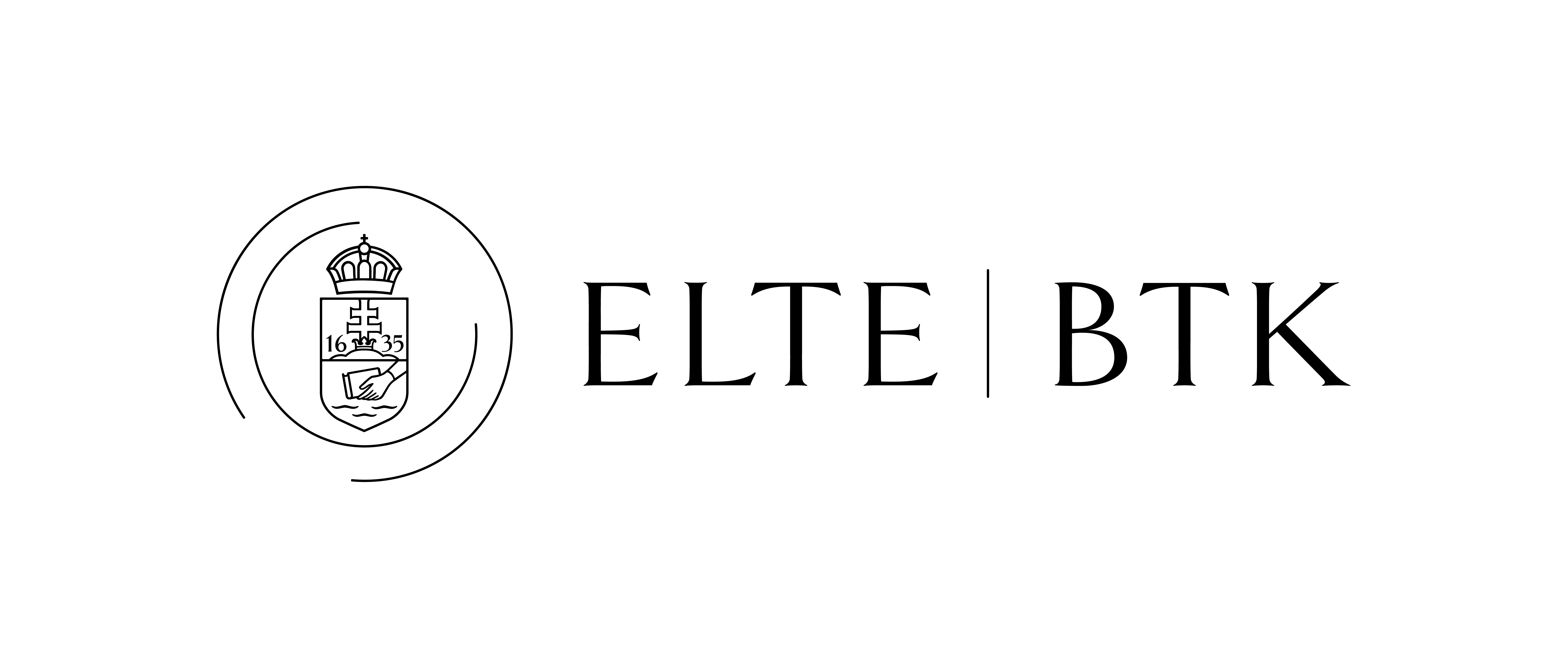Találkozások az alkalmazott nyelvészetben

Kormos Judit (University of Lancaster): The role of first and second language reading, first language low-level skills, and working memory in second language writing
Our research investigated how second language (L2) and first language (L1) reading, L1 low-level skills and working memory are related to ratings of argumentative and narrative texts written in L2 English. The research was conducted in Hungary with 95 secondary school students. Participants’ L1 reading and L1 low-level skills were assessed with validated instruments in Hungarian and WM with the backward digit span test. We administered three L2 reading comprehension tasks from the Cambridge English First for Schools test. L1 and L2 reading skills contributed significantly to raters’ perceptions of writing quality and measures of linguistic performance. The effect of L1 reading on L2 writing was mediated by L2 reading. Participants with higher L1 reading ability and L1 low-level skills scored higher on spelling and mechanics and organization in the narrative text. Implications of findings for researching and teaching L2 reading and writing are discussed.
Ferenc Bunta (University of Houston): Speech and Language Production of Bilingual Children with Cochlear Implants: Highlights and Implications
The development of linguistic systems in humans are shaped by a variety of factors, including – but not limited to – ability, demographic variables, the language(s) to be acquired, exposure to one versus multiple languages, and even access to sound. This presentation focuses on the effects of the latter two variables (exposure to one versus two languages and access to sound) on linguistic outcome measures by presenting selected results from a series of studies on the speech and language production skills of bilingual and monolingual children with sensorineural hearing loss who use cochlear implants and their peers with typical hearing. Implications for psycholinguistic research and language acquisition will be discussed.
Petteri Laihonen (Jyväskyläi Egyetem): A részvételi kutatás az alkalmazott nyelvészetben
2016 óta részvételi kutatási módszereket fejlesztek az ELTE-s kollégáimmal együtt. Az előadásomban bemutatom a részvételi kutatással kapcsolatos közös történetünket, kezdve a moldvai csángó nyelvi revitalizációval kapcsolatos nyelvideológiákra irányuló projektekben végzett első kísérleteinkkel, majd a jelenlegi részvételi fordulatot és a jelen vendégkutatói időszakom alatt zajló projektjeinket és a jövőbeli terveinket mutatom be. Néhány kulcsfogalmat is tárgyalok, mint például a részvételi kutatás, a részvételi szociolingvisztika, a részvételi civil tudomány, valamint a civil (szocio)lingvisztika. Példákon keresztül mutatom be az eddigi tapasztalatokat és eredményeket különböző európai terepmunkákról és kontextusokból. Végezetül megvitatásra kerül néhány következtetés az alkalmazott nyelvészet jelenlegi állására vonatkozóan.




